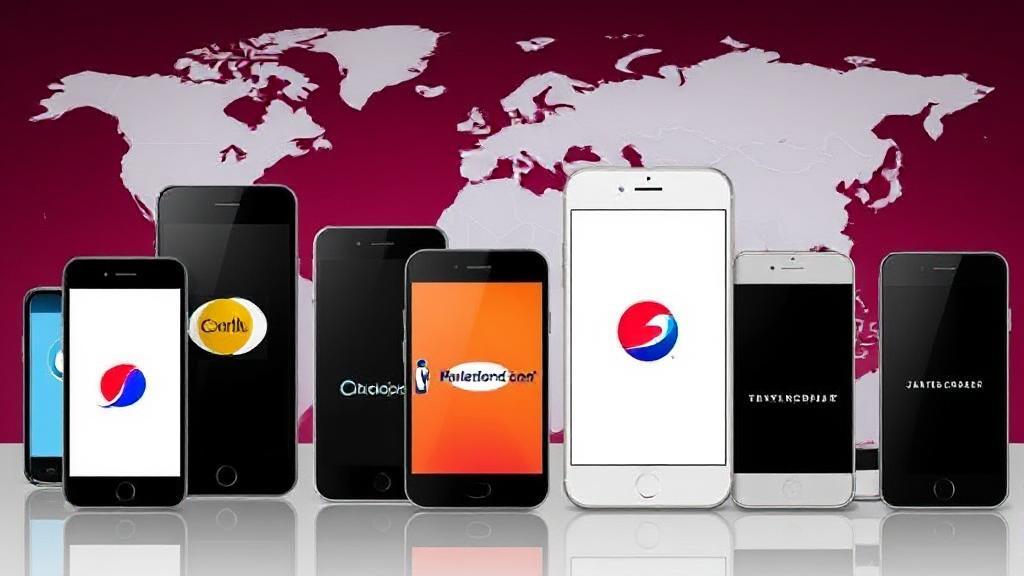Understanding Your Needs
Before diving into carrier options, assess your requirements by considering:
- Data usage patterns: Determine if you're a light, average, or heavy data user
- Travel frequency: Consider both domestic and international travel needs
- Budget constraints: Establish your monthly spending limit
- Family requirements: Evaluate if you need multiple lines or family-specific features
Coverage Quality
Coverage is paramount when selecting a carrier:
- Check Coverage Maps: Visit carrier websites like Verizon's coverage map or AT&T's coverage map
- Use Independent Tools: Utilize OpenSignal for real-world coverage data
- Gather Local Feedback: Consult neighbors and colleagues about their experiences
- Consider Travel Routes: Evaluate coverage in frequently visited locations
Plans and Pricing
Types of Plans
- Individual plans
- Family plans
- Prepaid options
- Business plans
Hidden Costs to Consider
- Activation fees
- Device payments
- International roaming charges
- Overage penalties
- Early termination fees
Data Considerations
Usage Guidelines
Speed and Performance
- 5G availability
- Data speed caps
- Throttling thresholds
- Deprioritization policies
Special Features and Perks
Many carriers offer additional benefits:
- Streaming service subscriptions
- Mobile hotspot capabilities
- International calling options
- Cloud storage
- Device insurance
Family-Specific Features
- Parental controls
- Location tracking
- Content filtering
- Multi-line discounts
Alternative Options: MVNOs
Pro tip: Many MVNOs use major carriers' networks but charge less. Research which network your preferred MVNO uses to ensure coverage quality.
Mobile Virtual Network Operators typically offer:
- Lower costs
- No contracts
- Same network infrastructure as major carriers
- More flexible plans
Customer Service Quality
Research carrier reputation through:
- J.D. Power ratings
- Consumer review sites
- Social media feedback
- Better Business Bureau ratings
Making the Switch
If changing carriers:
- Verify phone payment status
- Request carrier unlock
- Port your number
- Back up important data
- Time the switch to avoid service gaps
For detailed comparisons and reviews, consult websites like CNET and Wirecutter.
Remember to periodically review your plan and carrier options, as the mobile industry constantly evolves with new technologies, plans, and competitive offerings. The best carrier for you today might not be the best choice in the future.
